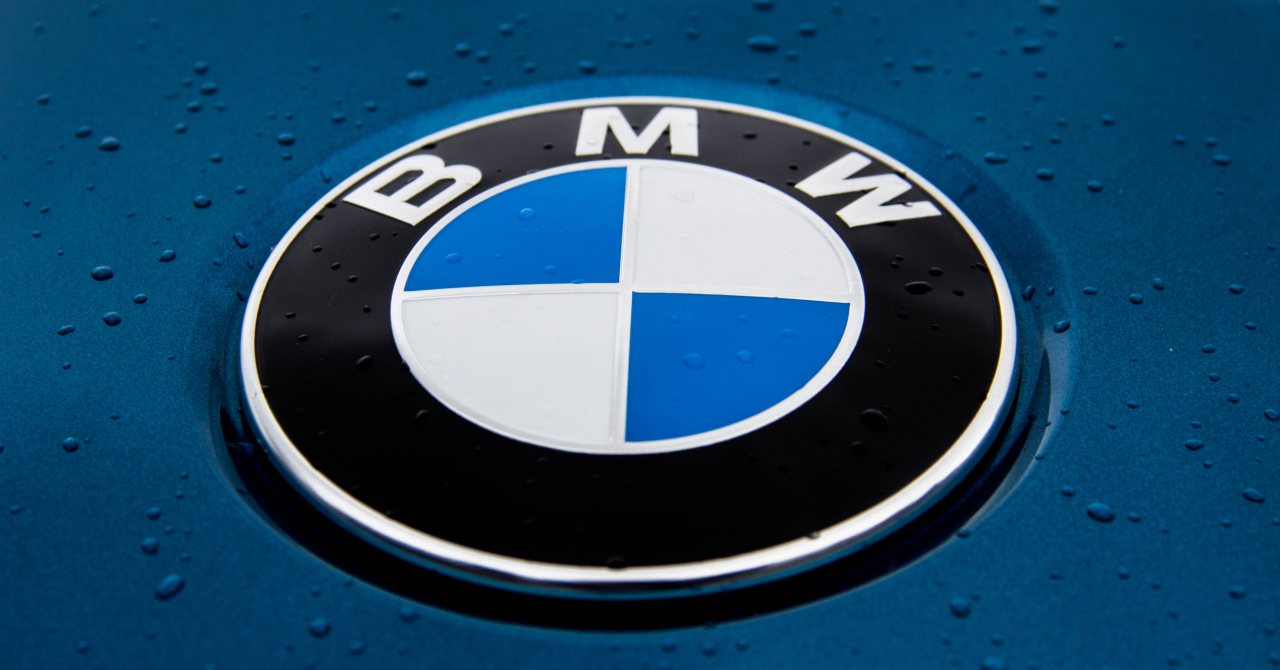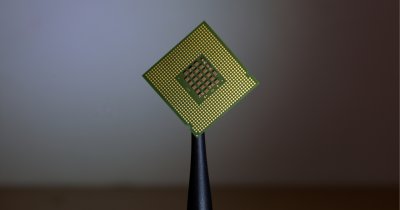According to Electrive, the company stated that recycled batteries for now will be sourced from electric and hybrid development vehicles, test facilities and the production committee, while in the future, batteries from end-of-life vehicles will also be used.
BMW won't recycle the batteries itself, but rather, it will rely on a local third party to do that, which should mean that materials will be recovered "to a high percentage".
The recovered materials will be integrated in new battery cells that will go towards vehicles in the BMW Group, officials added.
Jochen Goller, Head of BMW Group Region China, said that "against the backdrop of increasing scarcity of finite resources and rising raw material prices, it is particularly important to promote the circular economy, increase the proportion of reused materials and reduce dependence on raw materials."
BMW wants to expand on recycling in China and in 2020, the company started using old batteries in forklifts at its plants in the country with the help of Zhejiang Recycling.
In the future, the German carmaker plans to use second-life batteries for pallet trucks and battery storage devices with charging stations.
BMW is doubling down on recycling batteries since EVs are becoming more popular around the world, China included, which means that more batteries will be discarded after they reach their end-of-life as a primary power source on electric cars.
The China Automotive Technology and Research Center suggests that the total amount of discarded batteries could reach about 780.000 tons by 2025.
To ensure a proper battery recycling process, the Chinese government came up with new regulations, including coding that allows for better traceability of the batteries and that ensures that they are being recycled properly.
BMW officials stated that "the BMW Group has developed a system for this, with coding that enables seamless traceability of batteries throughout their lifecycle."
 Mihai - Cristian Ioniță
Mihai - Cristian Ioniță












Any thoughts?